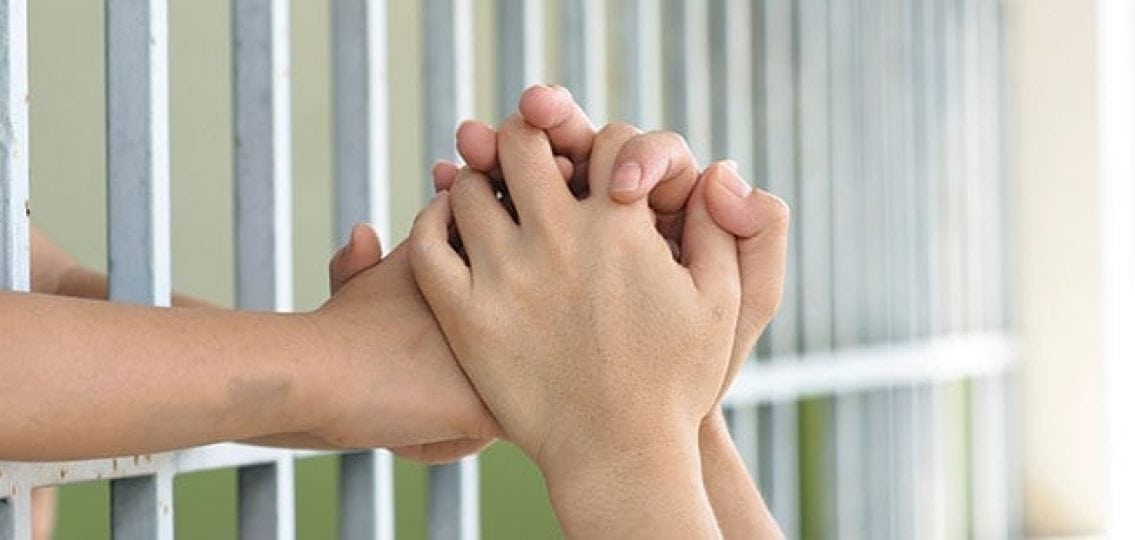Parenting from Behind Bars...
Hello, so I was reading an article about the "Barriers to Incarcerated Parenting and How MFTs Can Help" (Tadros & Barbini, 2020). I was drawn to this article because I can relate personally with it. My niece's father is currently in prison and I have been able to witness first hand the impact that his absence has made in her life. It was interesting to read that children of incarcerated parents are 70% more likely to have emotional or psychological disorders, 50-83% have problems at school, 24-52% have delinquency issues, and 10-30% have been incarcerated or arrested themselves. Needless to say they are twice as likely to display antisocial behaviors and can experience adjustment issues and mental health issues in adulthood (Tadros & Barbini, 2020). According to the authors, the quality of their relationship prior to the parent's incarceration can dictate how well they are able to cope with their absence (Tadros & Barbini, 2020). My niece was quite young when her father got incarcerated and prior to his incarceration she began not wanting to spend time with him and then he went away. Since she was still young, she did not understand fully where he was, he would call and talk to her and would ask my sister to bring her to visit. The distance made it challenging for him to maintain a consistent and stable relationship with her as my sister was not always available to drive the distance or had the liberty to take off from work to make visitation (Tadros & Barbini, 2020). It is difficult to parent through short phone calls and written letters. According to Tadros and Barbini (2020), if more MFTs were employed in the prison system the ability to help alleviate some of the barriers of being an incarcerated parent by teaching them coping skills, giving them validation, and support. Since therapy is viewed from a systemic lens, those individuals behind bars have the opportunity to heal from the pains of their experiences and it opens up space for them to identify new ways of thinking and behaving which can act as a way to reduce rates of reoffending and help the family become more resilient during adversity (Tadros & Barbini, 2020). The biggest obstacle he will face is returning home to find that my niece is all grown up. Whereas, my sister states her biggest obstacle will be learning to include him in the decisions about their daughter because she has essentially parented her without him for close to ten or so years. She also experiences feelings of guilt because she did not take her to visit him while he was incarcerated even though he asked on multiple occasions. She has not told me this but I don't think she took her because she was afraid to see him locked behind bars and I do not believe that is the mental image that she wanted to hold or my niece to have in their conscious minds. This makes a strong case to include family therapy in prisons, because if there were a family therapy program, this could provide an opportunity for them to begin working on reunification and restructuring their familial unit. The emotions that everyone is feeling can be shared in an environment that allows everyone to be heard and will give her father an opportunity to give an account of his experiences since he's been gone and can provide the additional support, hope, and encouragement that is needed to reframe how he identifies himself (Tadros & Barbini, 2020). In agreement with the authors, these types of programs can be the difference between choosing to commit a crime or making conscious efforts to create a better life.
References:
Tadros, E. & Barbini, M. (2020). Barriers to incarcerated parenting and how mfts can help. Family Therapy Magazine. July/August. pp. 32-34.

Comments
Post a Comment